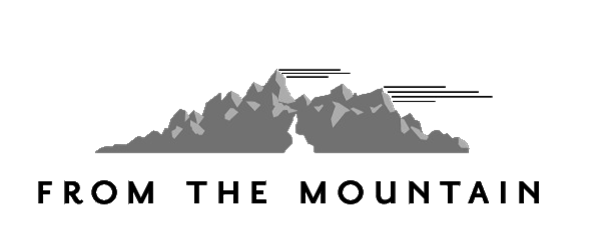A skein of our Afghan cashmere is not just a lovely thing to cuddle, or the yarn for the nicest cowl you'll ever own.
It is a thread of connection to a community of women in Afghanistan. Here is their story.
Through decades of struggle and war, cashmere goats and their caretakers have been a part of the Afghan countryside, and Afghan women have spun yarn.
For years the cashmere industry in Afghanistan went undeveloped. Goats served as food; their hides were exported, but their fiber was shorn and spun to be woven into carpets and tents for local and domestic use. There was no infrastructure in Afghanistan to clean and process the fiber for spinning commercially. But there were many goats, and some of the fiber was exported in its greasy form.
In 2007, a USAID venture called the Accelerating Sustainable Agriculture Project (ASAP) teamed up with Abdul Basir Hotak, at the time a 15-year veteran of the Afghan cashmere industry. Together, they installed the country's first scouring and de-hairing equipment, allowing Hotak to process and add value to the fiber in-country. ASAP provided herders with both veterinary assistance to improve herd health, and training in how to harvest the cashmere through combing rather than shearing, two steps which dramatically improved the quality of the raw fiber. The higher quality fiber fetches a better price for the herders. As a result of ASAP and follow up work by key players, the Afghan cashmere industry has transformed itself into a global provider of luxury cashmere fiber.
Hotak and From The Mountain have taken this beautiful fiber a step further with beautiful hand spun yarn that supports livelihoods for Afghan women. After decades of conflict, many of these women have been left as heads of households. There are, however, very few jobs that are considered socially acceptable for women. Many of the women have spun yarn for their own home use and wool for the carpet industry. But spinning high-quality cashmere fiber into yarn for hand-knitters pays far better, providing a fair wage and an alternative to growing poppies for opium and heroin. The spinners are able to stay home with their children and provide for them at the same time.
Working together, Hotak, From The Mountain, and the artisans have developed a spin for the yarn that is even, light, and squishy - truly a joy to work with. We are extremely impressed with the skill of the spinners, who work both on wheels and with drop spindles. Also, we are tremendously grateful for Hotak's hard work, persistence, and vision. We are honored to be part of this globally beneficial enterprise.





